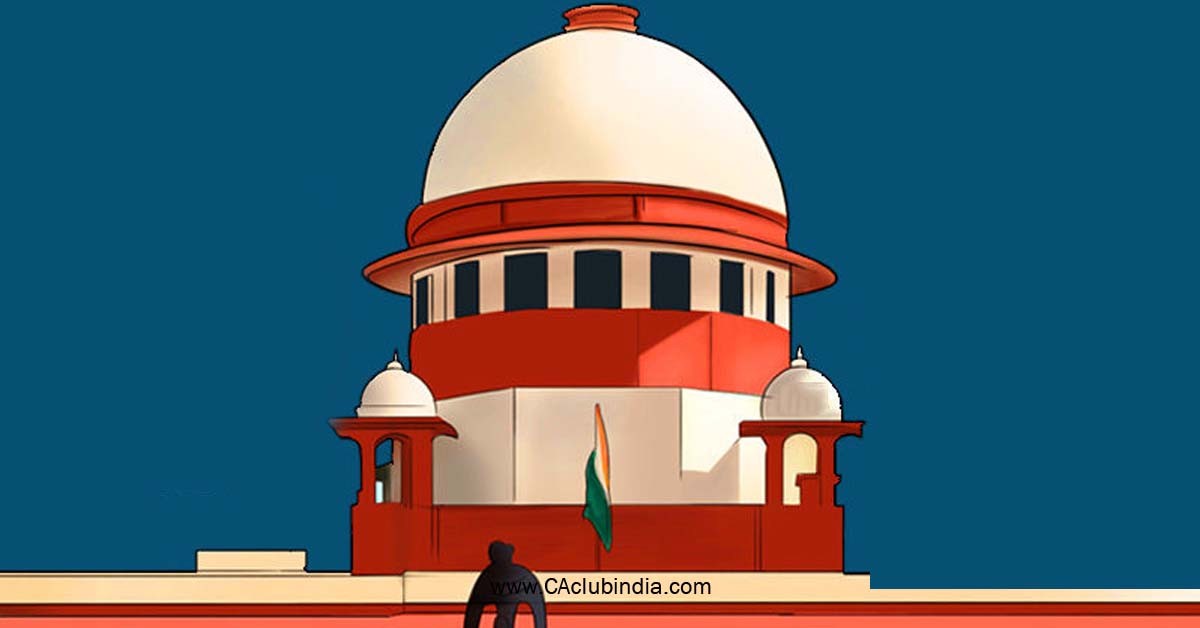The Supreme Court has taken a significant step by issuing a notice to the union government regarding the constitutional validity of anti-profiteering provisions under the Goods and Services Tax (GST). This development comes as a result of a special leave petition filed by detergent manufacturer Excel Rasayan Private Ltd challenging the order of the Delhi High Court upholding the validity of these provisions.
Background
A three-judge bench comprising Chief Justice D Y Chandrachud, Justice J B Pardiwala, and Justice Manoj Misra heard the petition against the Delhi High Court's decision. The petitioner, Excel Rasayan, contended that the High Court erred in upholding the constitutionality of the anti-profiteering provisions, claiming they are ultra vires the constitution.

Key Points
- Excel Rasayan's Argument: The petitioner argued that the anti-profiteering provisions pose significant difficulties for businesses due to the lack of a time limit, raising concerns about its constitutionality.
- National Anti-Profiteering Authority (NAA): The NAA, established in November 2017, aims to ensure companies pass on the benefits of input tax credit (ITC) and GST reduction to consumers by lowering prices. However, concerns have been raised regarding the authority's tenure extension and its impact on businesses.
- Methodology and Arbitrariness: The counsel for Excel Rasayan highlighted the absence of a clear methodology for implementing anti-profiteering provisions, labeling them as arbitrary and vague. The Delhi High Court had earlier ruled against establishing a fixed or mathematical formula for determining anti-profiteering.
- Industry Response: Over 100 companies, including major players like Hindustan Unilever, Patanjali, Jubilant Foodworks, and Phillips, had filed petitions against the anti-profiteering provisions in the High Court. However, the court upheld these provisions, citing their alignment with legislative powers and public interest.
Conclusion
The Supreme Court's notice on the constitutional validity of GST anti-profiteering provisions marks a crucial development in the ongoing debate surrounding the implementation and impact of these regulations. As the legal battle unfolds, it will be essential to assess the balance between consumer protection and business interests in the context of GST compliance and enforcement.





 CAclubindia
CAclubindia
